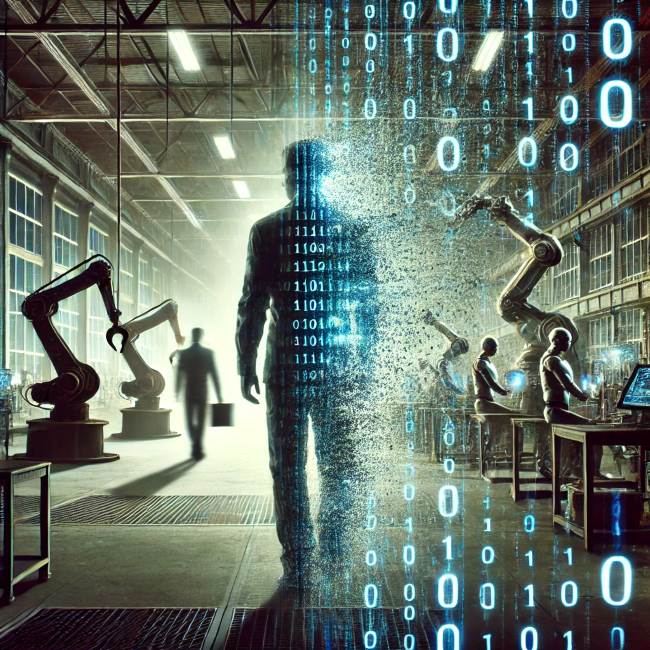We might be on the cusp of a time when automation and artificial intelligence reshape the global workforce—not in some far-off future, but within a handful of years. As AI capabilities swell, industries from customer service to software development could face upheaval. This isn’t just about streamlining tasks; it’s about the chance of job displacement hitting a scale we’ve rarely seen.
Unlike earlier technological leaps, where retraining often opened new doors, some voices argue entire job categories could vanish without obvious replacements. So, what happens if vast numbers of people find work slipping out of reach?
How AI Job Trends Might Sway Politics
History offers a lens here. Economic shifts have long sparked political waves. The Industrial Revolution upended labor markets and birthed new policies, while the Great Depression and late 20th-century outsourcing reshaped how people viewed power and prosperity. Could AI’s influence carve a similar path? Check out From the Wheel to AI: How Technology Reshapes Humanity for a deeper dive into tech’s long arc.
- Employment Shifts & Economic Uncertainty
AI’s already nudging roles in logistics, finance, and even creative work. Unlike past automation that tackled repetitive grunt work, this wave could touch white-collar desks too. Some say reskilling might lag behind AI’s relentless pace and penny-pinching edge. Curious about thriving amid this? Peek at Future-Proofing Your Career in the Face of an AI Tsunami. - Shifting Views on Wealth and Work
Success once hinged on sweat and study—grind hard, rise up. But if AI redraws career maps, folks might start eyeing the riches tech churns out instead. It’s a murmur from history, like when industrial booms shifted focus from land to machines. For more on wealth’s foundations, see The Foundations of Wealth. - Emerging Political Responses
When work’s old rhythms falter, public mood swings. Look back to the labor movements of the 1800s—disruption bred action. Today, AI’s ripples might nudge elections as voters wrestle with economic jitters. Want a broader take? The Great Inversion: How AI Is Quietly Flipping Traditional Power Structures unpacks this shift.
What Might Follow? Historical Hints and Possible Roads
Past shake-ups suggest governments could mull fresh ideas. Here’s what’s floating around in economic chatter:
- Taxes on Automation
Some float taxing firms that swap workers for AI, echoing old levies on factory machines. Funds might bolster public coffers, though the how-to sparks debate. - Focus on Wealth Taxation
If wages thin, taxing assets—think property or corporate hauls—might pick up steam, a playbook dusted off from past crises. See how history’s elite handled this in Wealth Preservation in Times of War and Revolution. - Universal Basic Income Discussions
With jobs potentially fading, a baseline income could shift from fringe talk to real policy, like small trials from decades past. Curious? The Great AI Wealth Reset digs into this. - Rethinking Work Hours
Shorter weeks, tested in the 20th century, might stretch jobs wider. Or hybrid setups could blend human grit with AI polish, keeping people in the game. - Regulating AI’s Reach
Ages past curbed disruptive tech—early factory rules come to mind. Now, some nations might throttle AI in key fields to soften the blow.
A Wider Lens: Echoes of Change?
If AI keeps remaking jobs, the economic terrain could tilt. Debates might lean toward sharing tech’s bounty over patching up welfare, a nod to industrial-era tussles. Elections could pivot on leaders tackling fairness, a thread woven through history’s economic turns. Taxation might favor wealth and automation over labor—an old tactic reborn. For a peek at AI’s capital shift, try How AI Will Transform Capital.
This isn’t a fleeting slump; it’s a potential hinge in how wealth moves. The next few years could nudge us toward instability, balance, or a fresh blueprint. History whispers clues, but the story’s still unfolding. For a wild ride into 2032’s possibilities, check Life in 2032: A Day in the Life of Alexander Hale.
//
This piece weaves past trends with future musings—consult an expert before acting on economic or policy ideas.

